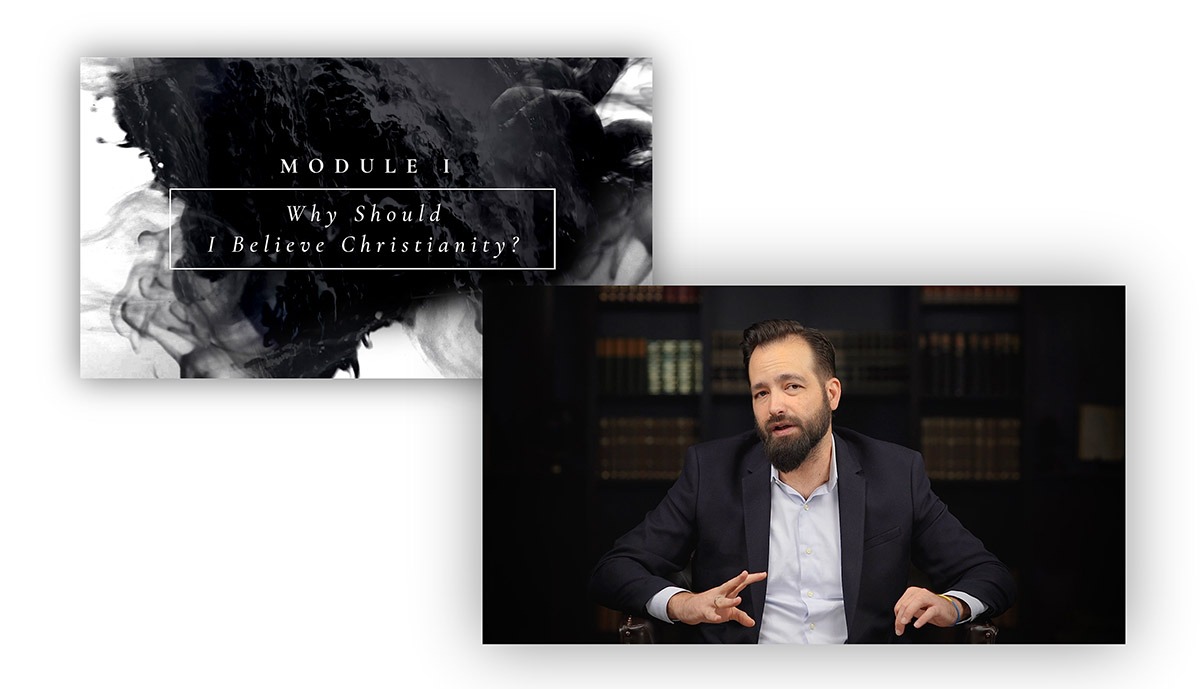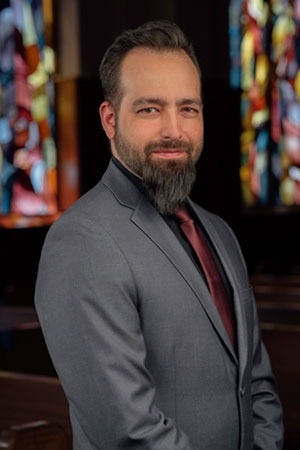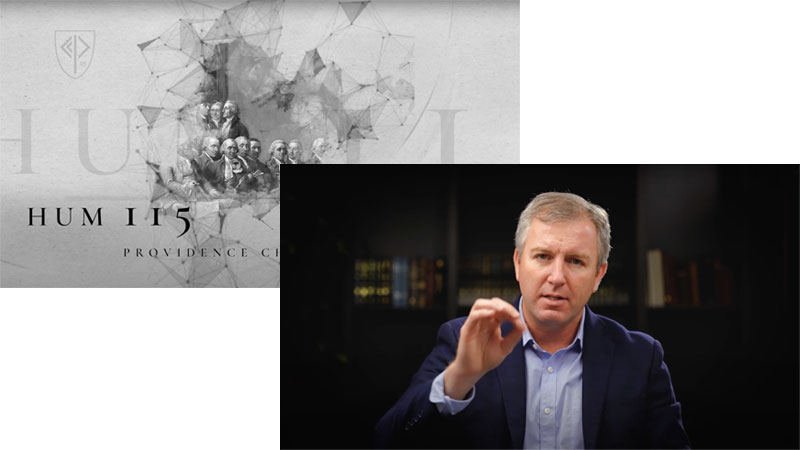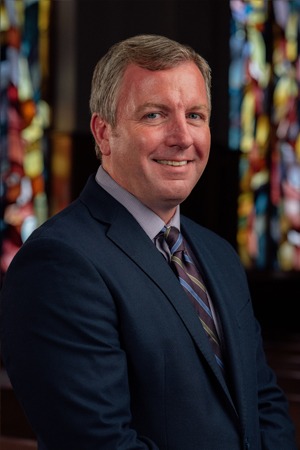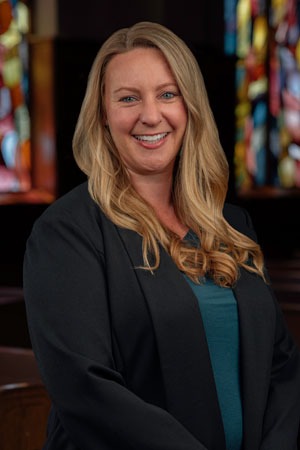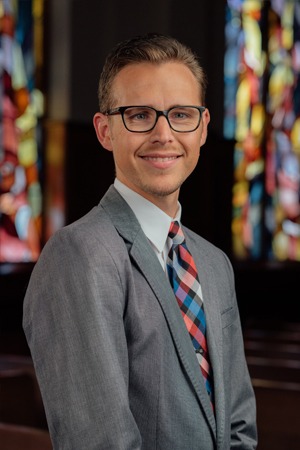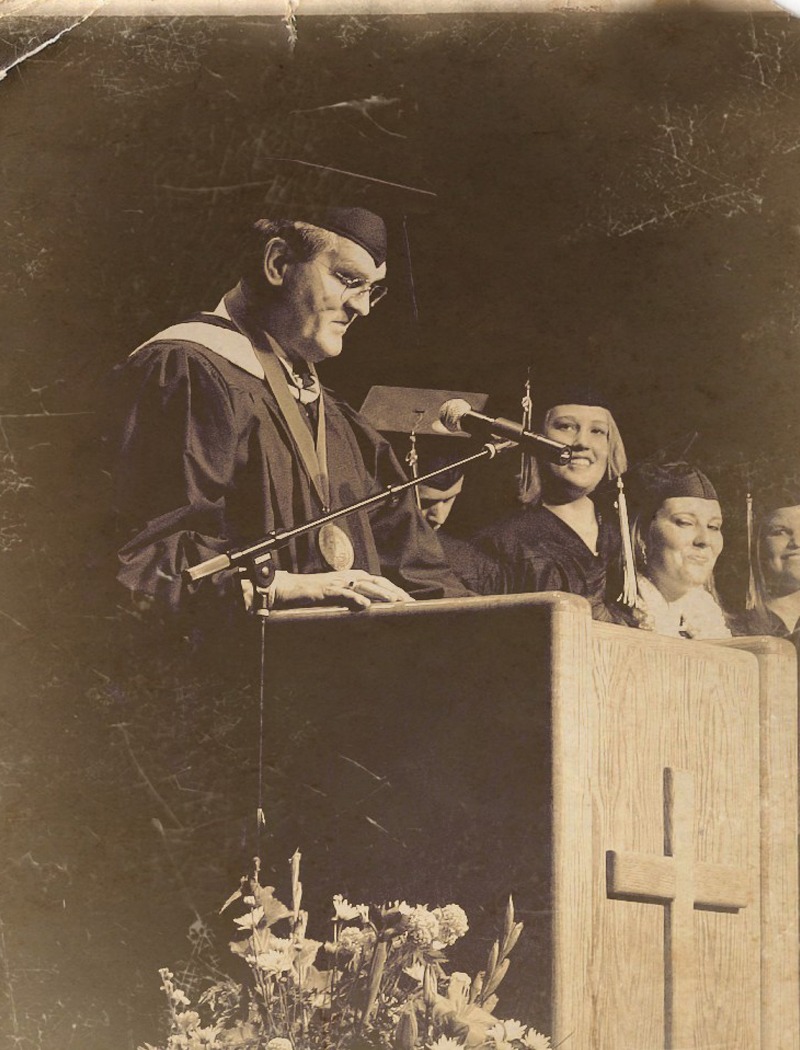A Holistic Healing of Homelessness
By Marissa Branson
I can’t get the image of her out of my head. It was a Saturday afternoon on the urine-saturated sidewalk in Skid Row. She was lying, passed-out face on the cement with her pants pulled down revealing her half naked body. Her skin was leathery and shimmering with sweat. To everyone else in Skid Row, her existence seemed of no consequence; perhaps this was normal for her or normal for them to see. But for me, walking into Skid Row was like temporarily walking into a war zone. They say it has gotten better in the past few years, but the smell, her body lying there, and the families camped out all along 4th street—this was all overwhelming to me. Why are human beings living like this in one of the most prosperous and powerful countries in the world? What is being done to solve this problem?
In our pre-trip discussion for the Study of Skid Row Avodah on October 5, Dr. Joe Coletti from Urban Initiatives in Pasadena, came to talk to us about the problem of homelessness and how organizations are dealing with it. Colletti is critical of current approaches to homelessness which deal mostly with feeding the homeless and providing temporary relief but have done little to end homelessness in the past 100 years. He argued that homeless missions in LA spend around $100,000 a day which could be enough money to house every homeless person in Skid Row. Colletti posed a disturbing question: Do you think an organization would build a several million dollar building in Skid Row if they were planning to end homelessness?
Most Christian rescue missions offer the homeless the gospel followed by a meal. As our group toured Skid Row, a woman yelled at us, “What are you selling? Jesus?” This approach of gospel-then-food treats Jesus like another commodity, a hand out to the poor. Furthermore, these organizations often require people to fix themselves—get off drugs, stop smoking, etc—before they will be accepted into housing programs. It is a worked-based salvation. The message is, accept Jesus, change yourself, then we will help you.
As a Christian I believe in the importance of the spiritual needs of every person, but I also believe in the physical, mental, emotional, and relational aspects of humanity. Jesus not only saved people’s souls, he healed the sick, fed the hungry and loved them and taught them how to live. His approach to poverty was full of grace and an understanding of the holistic, complex nature of human beings. Jesus told people to come to him, weary and broken, for restoration. In my own life as a believer, he commits himself to me for the long-term and redeems me spiritually, emotionally, mentally, physically, etc.
So why do organizations spend so much money giving immediate and temporary relief while doing little to end homelessness and treat humans as the complex creatures we are? In fact, homelessness has gotten worse in the past 100 years since the main missions in LA were founded.
Brian Fikkert and Steve Corbett, authors of When Helping Hurts, might argue that many of us—volunteers, donors, employees, high school youth groups who come to feed the homeless—suffer from a god-complex where giving homeless people sandwiches makes us feel like we have done something to help someone. It makes us feel needed and even lets us off the hook for the more difficult process of helping someone get off the streets by dealing with the issues that caused their homelessness. So perhaps it is selfishness, pride, laziness, or ignorance that keep people from taking more significant strides in ending homelessness.
While walking through Skid Row I saw several piles of sandwiches that had been tossed out on the ground. Is food really what they need? Is it our call to hand out sandwiches? Of course sometimes food is what a person needs most, but the problem is that overall Christian rescue missions believe in the importance of spiritual well-being over the physical so they fail to reach people on a holistic level.
The city of LA is taking a different approach from the Christian rescue missions. They are going with the housing-first method. The Skid Row Housing Trust builds apartments to house the chronically homeless The one we visited on the Avodah was designed by architect Michael Maltzan whose designs are intentional because he believes that people are shaped by their environment. When people are placed in these apartments, a beautiful and positive environment, then they begins to deal with issues like mental illness, debt, addiction, physical health, etc.
The housing first approach resonated with me because it offers grace to the homelessness, granting them help before asking them to fix themselves. The organization gives them relief and then works with them for the long-term to deal with the underlying issues that have caused their homelessness. However, this approach is also flawed because of its humanist worldview that ignores the gospel and people’s need for the redeeming work of God in their lives. If the Christian rescue missions and the Skid Row Housing Trust worked together, this could potentially be a powerful ministry to the homeless in our city.
Colletti’s and my own frustrations with homeless ministries are no excuse to throw our hands up in defeat. Justin Bleeker, head of the Avodah program, encouraged students to be involved in homeless ministries in our area even if we don’t agree with everything they do. The image of the woman on the street is one that slaps me in the face. It makes me uncomfortable with my apathy toward the plight of thousands of people living just 20 minutes away in LA. Critically thinking Christians should not wait for someone else to do the work for us. We should get involved, working diligently to redeem our culture, to be agents of “shalom” in our cities.
